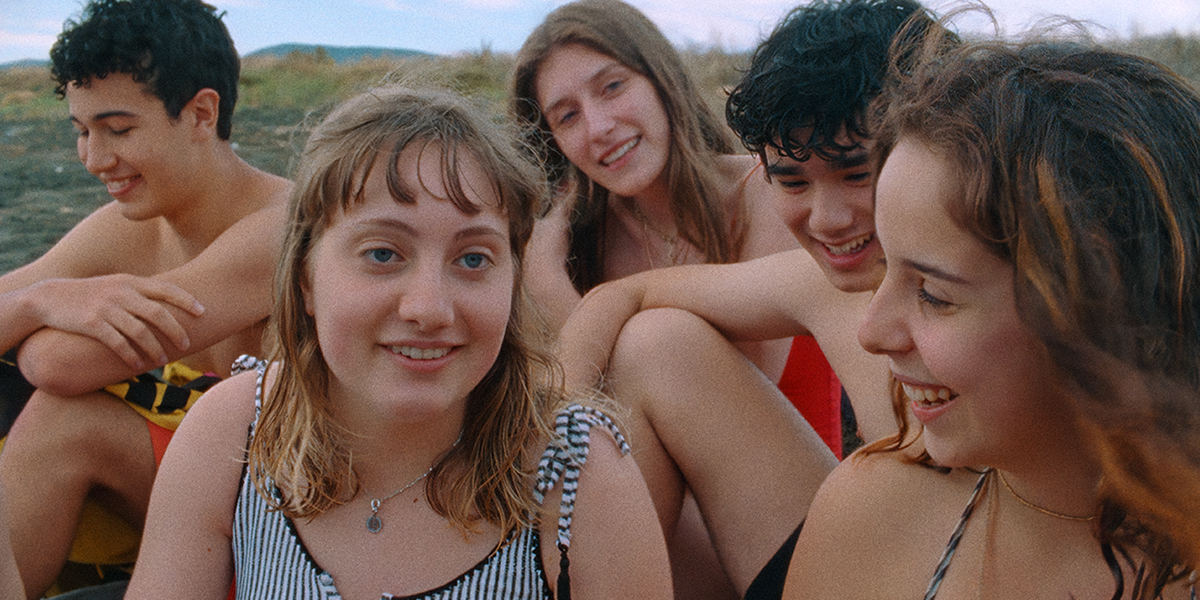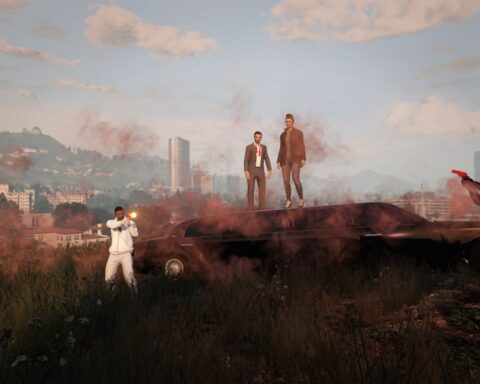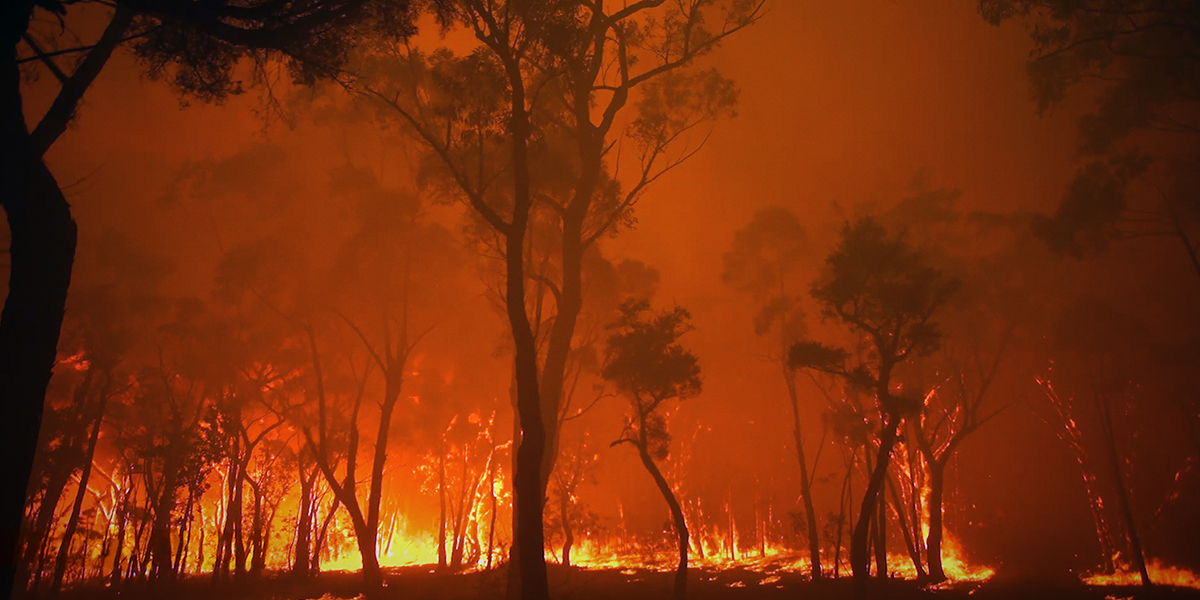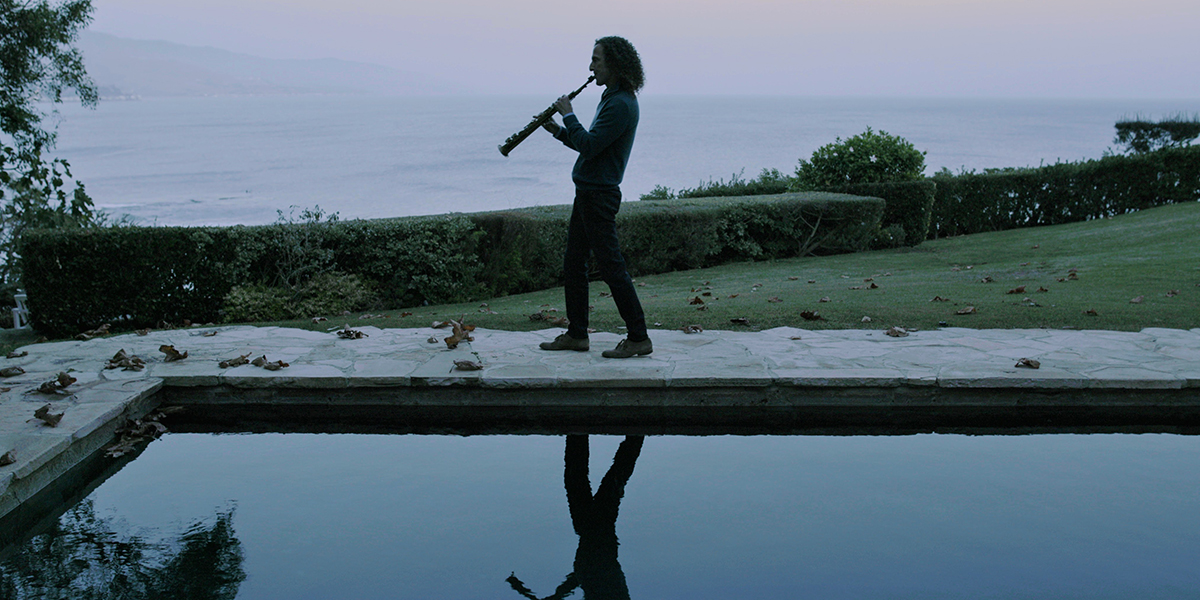Futura
(Italy, 110 min.)
Dir. Pietro Marcello, Francesco Munzi, Alice Rohrwacher
Programme: Wavelengths
How do you feel about the future? This question might be the most obvious yet most challenging query to pose to any young person. It’s one of the most common and clichéd questions in a job interview—“Where do you see yourself five years?”—because it tasks an interviewee to evaluate his or her life’s trajectory on the fly. Sometimes life just happens, and the energetic, carefree nature of youth often inspires one to go with the flow and assume that life will work itself out. Not so much in 2020.
Filmmakers Pietro Marcello, Francesco Munzi, and Alice Rohrwacher join forces to ask the youth of Italy about the future. They travel to different regions, cities, and villages to take the pulse of the nation. Futura builds upon Pier Paolo Pasolini’s 1964 travelogue Love Encounters, which asked Italians all about romance and hanky panky. The three young Italian filmmakers aren’t as salacious in their queries. In fact, one of the directors clearly gets frustrated with the teens during their travels and asks off-screen why the youth of today speak so little about love.
Perhaps the answers the kids provide elsewhere afford the reason. When do kids even have the time to think about romance these days? Marcello, Munzi, and Rohrwacher learn that teens of varying socio-economic backgrounds feel uncertain about the future. The teens in Futura express their concerns for job prospects and viable careers. They scoff at the value of school and say that studying is a lot of misdirected effort if life offers few prospects outside of being a dishwasher. But many of the interviewees have unrealistic career prospects. About half of them want to play soccer for the rest of their lives, and don’t really see the need for back-up plans. Others want to be actors. Some just want to be famous.
The interviews veer between understandably pessimistic and refreshingly optimistic. The filmmakers learn how the Italian youths feel both empowered and burdened by social media. On one hand, they see it as a necessity for communication. They are of a generation born into Facebook, Instagram, Twitter, memes, influencers, and personal branding. Some of them embrace the opportunity to market their stories and peek into the lives of others. Some teens, on the other hand, detest the electronic leash of social media and offer romantic yearnings for the days of face-to-face communication that other generations enjoyed. Other young speakers aspire to a future in which people of different races, gender identities, and sexual identities can enjoy equal rights and freedoms. While the interviewees acknowledge that they enjoy many liberties won by their parents, they also speak of new restraints that illustrate how previous generations sold out future cohorts so that they could have it all.
Everything changes, however, when the COVID-19 pandemic hits. Marcello, Munzi, and Rohrwacher carry on with their travels and interview the young Italians after a long year of lockdowns and virtual learning. They return to some of the same interviewees, who are somewhat familiar despite the masks, and observe renewed energy and fire. These kids are mad. They’re ready to fight for their futures whereas the pre-COVID interviews captured a laissez-faire attitude from Rome to Milan to Naples. Priorities have changed and being a famous individual isn’t as important as being part of a happy community. This unlikely COVID-19 documentary offers a hopeful portrait for the future because it articulates how things can’t return to the systems we had before.
Although Marcello, Munzi, and Rohrwacher keep their lens on their fellow Italians, these concerns are not unique to one nation. Nor should they be generational. Any viewer who absorbs these conversations and engages with the youths’ concerns should see themselves implicated in the debate about where we want to go post-COVID-19. Futura’s open and honest travelogue captures the pulse of a generation reborn amid collective trauma. Shot in buoyantly stark 16mm images, Futura is a portrait of lost innocence and youth gone too soon. These kids have to grow up awfully fast, but there is a sense of collective will captured throughout the filmmakers’ travels. The students all say they’re ready to fight for their futures and be the leaders for change. Then they go back to their phones.
Futura screened at the 2021 Toronto International Film Festival.
Update: Futura opens in Toronto at Hot Docs Ted Rogers Cinema on March 11.














